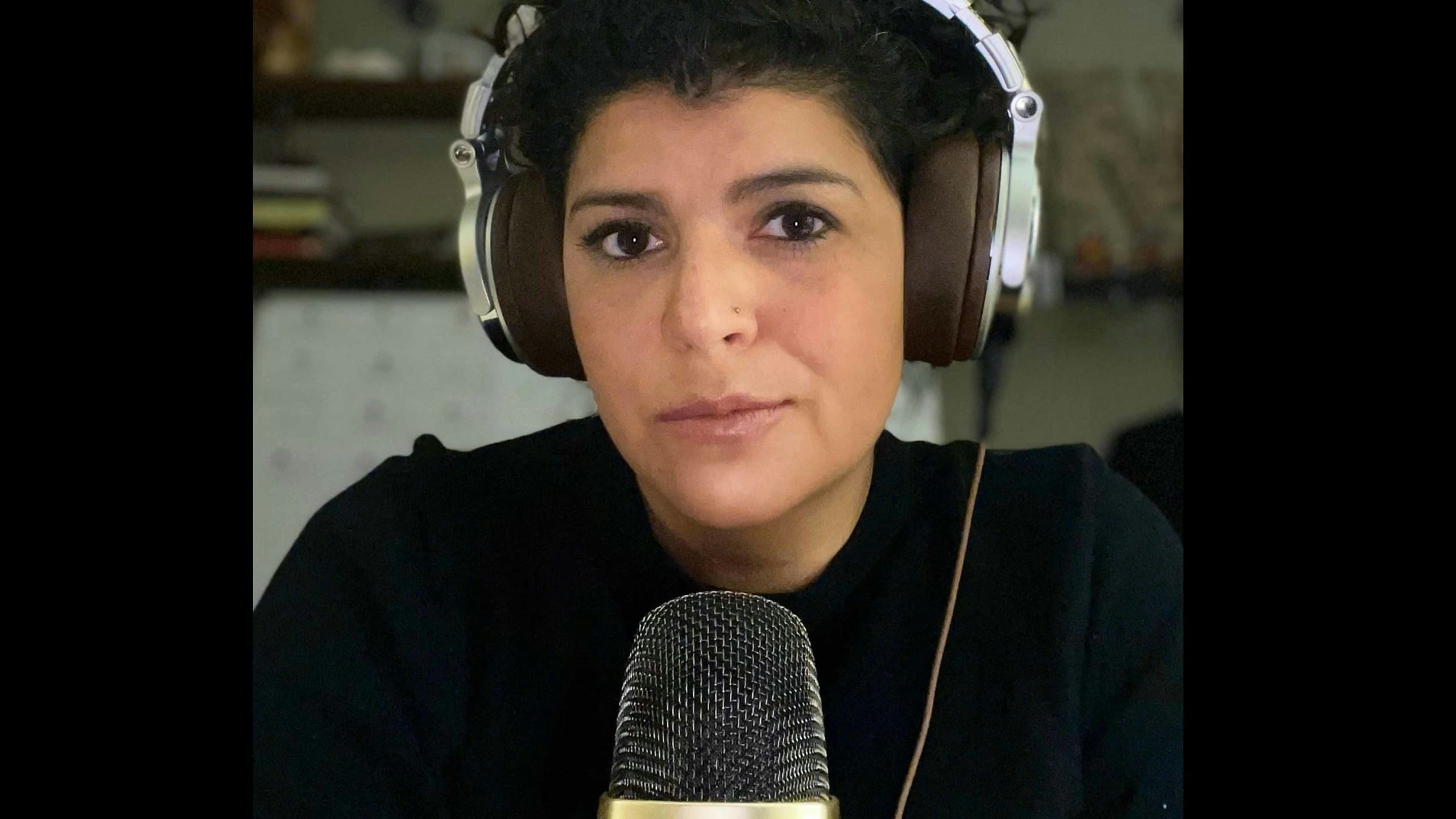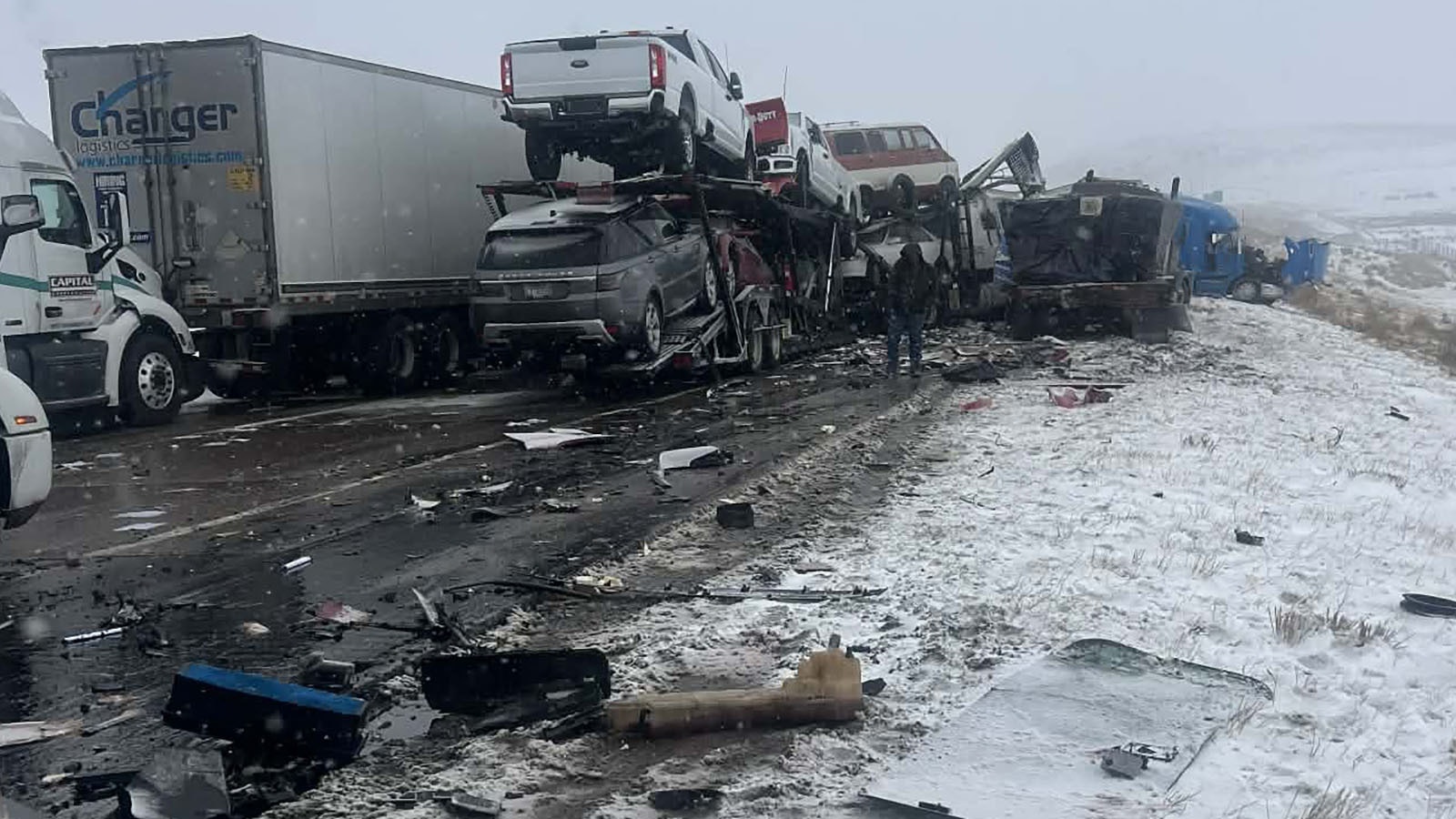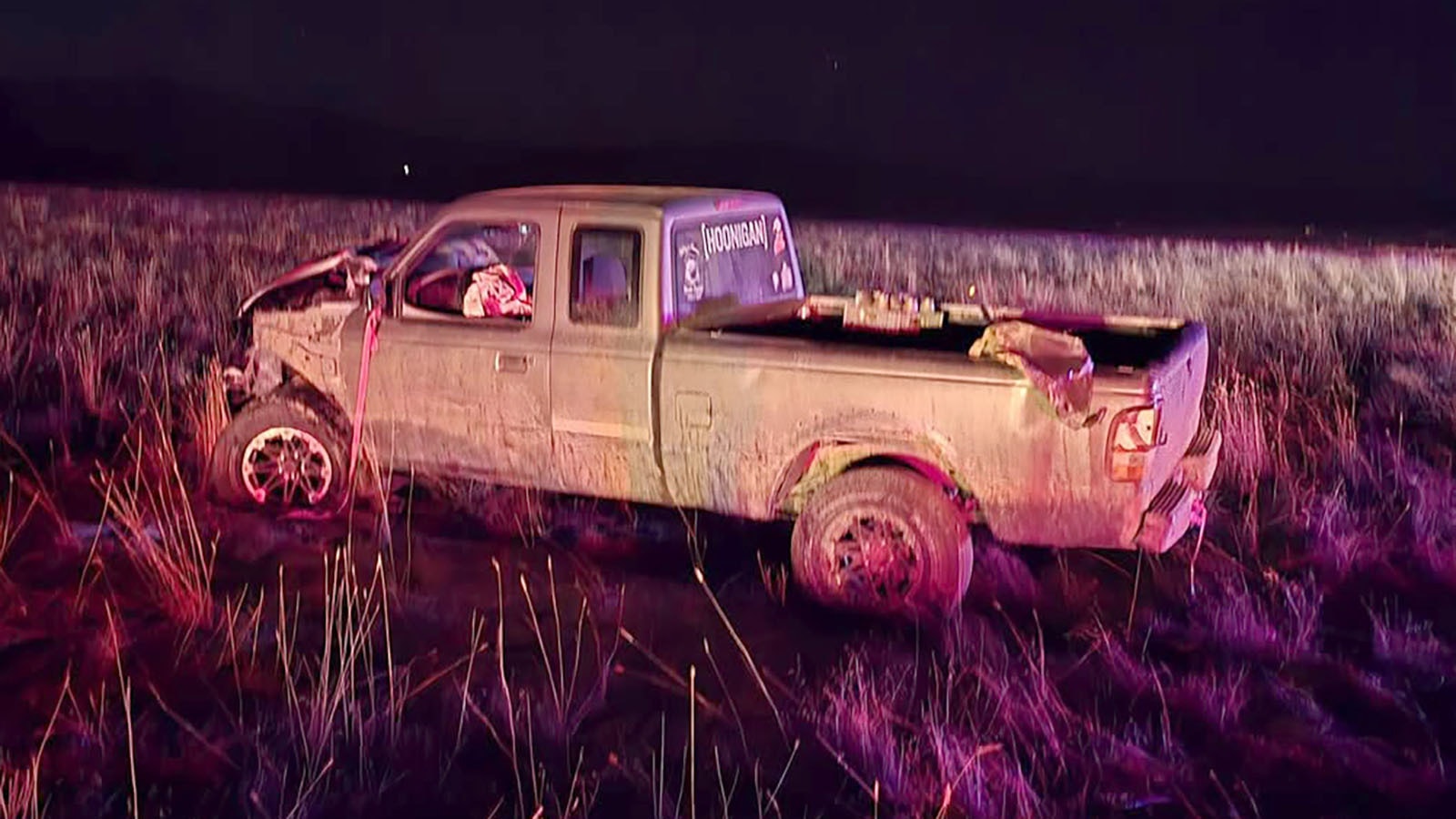Renee Nelson had been kicking around the idea of launching a true crime and missing person podcast for years. The impulse became more intense in the wake of last year’s disappearance of Gabby Petito, the discovery of her body in Grand Teton National Park last summer and the subsequent revelation she had been murdered by her finance.
Like many others watching the case, Nelson was struck by the manner in which Petito’s name dominated national headlines as multiple agencies across the country sprang into action, leading to the discovery of the woman’s body days after the search was launched.
Nelson decided it was time to do her part to make sure that every missing person case and murder in Wyoming gets the same level of attention.
Media attention is pivotal in getting word out. And that is what Nelson hopes to do in Wyoming with the launch of her Unsolved Wyoming podcast that will air on Spotify’s Anchor platform this June.
Nelson described her podcast as a mechanism to highlight the person – not the crime – at the heart of the story.
“I don’t want to talk about their worst day,” Nelson told Cowboy State Daily. “I want to focus on the who the person is and give them a voice.”
In particular, she hopes to highlight cases of missing and murdered indigenous people as well as people from other marginalized communities.
Crime Junkie
Admittedly, Nelson, a Cheyenne native and English instructor at Laramie County Community College, was one of those “weird kids” who binged on crime shows with her mother. She remembers nights together watching “20/20,” “Dateline,” “America’s Most Wanted” and true crime series, which planted the seeds for her budding interest.
She also comes from a family of lawyers and her own mother escaped a domestic violence situation that also formed Nelson’s understanding that crime is indiscriminate and can happen to anyone.
“Some of the experiences I’ve had growing up are really positive in terms of the way that I saw the justice system working in some ways, and then not in other ways,” she said, “so, I guess it’s just all culminated into this aspect of wanting to make sure I’m bringing awareness and giving a voice to the family as a result of it being such a tragedy for them.”
When it came time for her to make a career choice, Nelson was torn between studying English or law and ultimately became a college English instructor. After attending college at University of Wyoming and commuting to graduate school in Colorado, Nelson and her husband, a Cheyenne firefighter, knew that they wanted to stay in Cheyenne to raise their two children.
She’s managed to work in her true crime interest by teaching a crime and media course that looks at the various ways that missing person cases, murders and other offenses are portrayed by news outlets.
To this end, Nelson found there’s great disparity between races and social class – particularly in cases involving Indigenous people – in which the language used to describe those events is much more graphic and violent.
Missing White Woman Syndrome
This phenomena — the case of a missing white woman getting attention at the expense of other missing person cases — is often called the Missing White Woman Syndrome and is well documented by social scientists, Nelson noted.
This also holds true for those with criminal pasts or drug addictions.
“We need a wider lens and platform to highlight all missing people and victims of crime,” Nelson said. “I want to provide a voice and some context for cases to bring some awareness.”
Paramount to her interest is also using the podcast to go back and revisit cold cases, such as a double homicide in Cheyenne in 2015, or the Rawlins rodeo murders where four young women were killed in the summer of 1974.
The Amy Bechtel missing person case is also of interest to Nelson. Bechtel disappeared while jogging in the Wind River Mountains in 1997 and hasn’t been seen or heard from since.
There’s no shortage of current and past cases to delve into, Nelson said, and she also plans to explore some of the state’s haunted places as well.
Nelson is aiming for her first episode to launch in the beginning of June with weekly episodes to follow. Anyone with a case they’d like to share with Nelson can contact her at unsolvedwyoming@gmail.com or (307) 631-8646.






